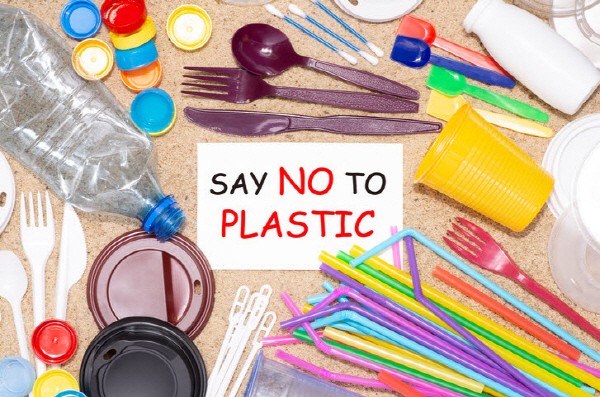Next year, Japan’s Panasonic will commercialize a 'plastic alternative material' based on battery manufacturing technology. In the future, it plans to minimize the amount of plastic waste, which has emerged as an environmental problem in countries around the world by applying it to daily necessities as well as home appliances and auto parts.
According to the Nihon Keizai Shimbun (Nikkei) on the 1st, Panasonic will mass-produce resin that uses 50% less plastics extracted from petroleum.
Panasonic uses uniformly mixing technology in battery manufacturing process, and has secured its own manufacturing process to produce alternative plastic materials. The key is to mix polypropylene (PP) with fibre, a raw material for cedar thinning, at a ratio of 55%. The average production capacity is 100,000 tons per month.
Panasonic manufactures granular resin at its subsidiary battery manufacturing facility in Osaka. A part of the production is consigned to partner companies. It also plans to sell equipment such as molds for molding resin. It plans to start developing materials that do not contain petroleum-derived ingredients by replacing PP mixed with fibers with biodegradable plastics in the future.

According to Nikkei, the color of resin has a milky color. It is a structure reinforced by connecting 'cellulose fibers', a woven fiber with a thickness of micrometers. It has the same strength as PP with half its thickness, and has a characteristic of molding it as thin as 1 mm.
Cellulose fiber has a high technical barrier for uniformly blending with resin, which made it difficult to increase the ratio of the content. Panasonic has solved this problem with its battery material mixing technology. It has already applied the technology to its vacuum cleaner model. Asahi Beer also developed a tumbler using the same technology.
The Japanese government is planning to implement the “Plastic Material Replacement Promotion Act” to reduce the amount of plastic waste by next April. As a result, Japanese companies are accelerating the introduction of alternative materials.
Skylark, Japan's largest family restaurant company, will replace all plastic cutlery and forks for delivery services with wooden materials by next January. Panasonic has switched from plastic to paper for some packaging materials for battery products since last October.
By Staff Reporter Hee-seok Yoon (pioneer@etnews.com)